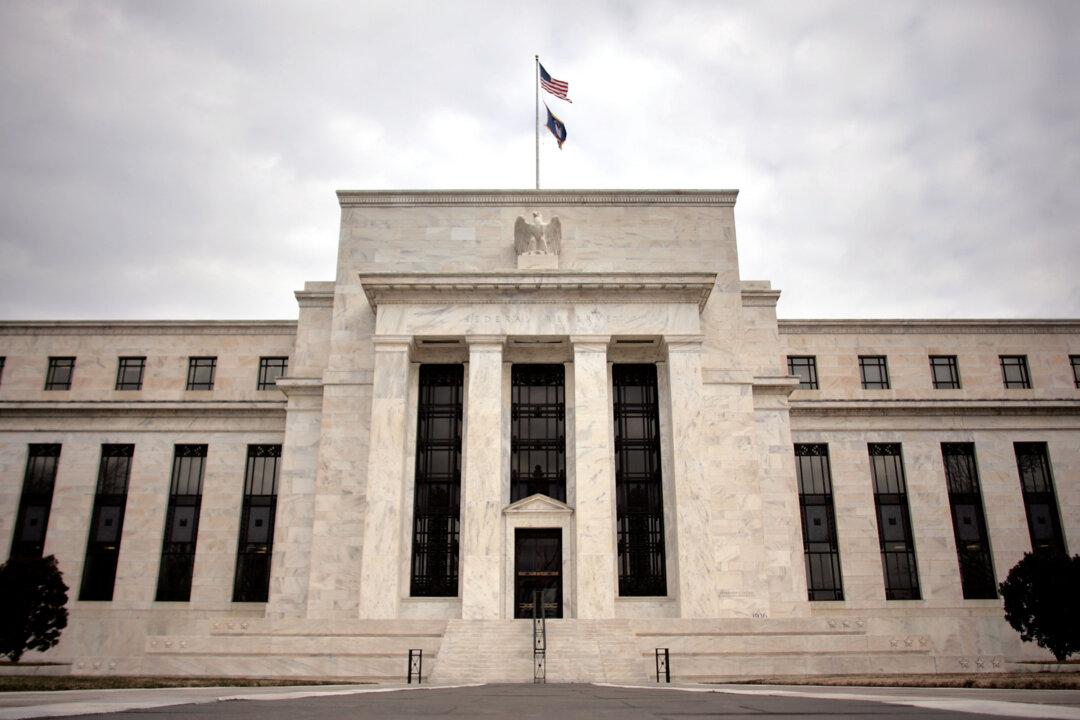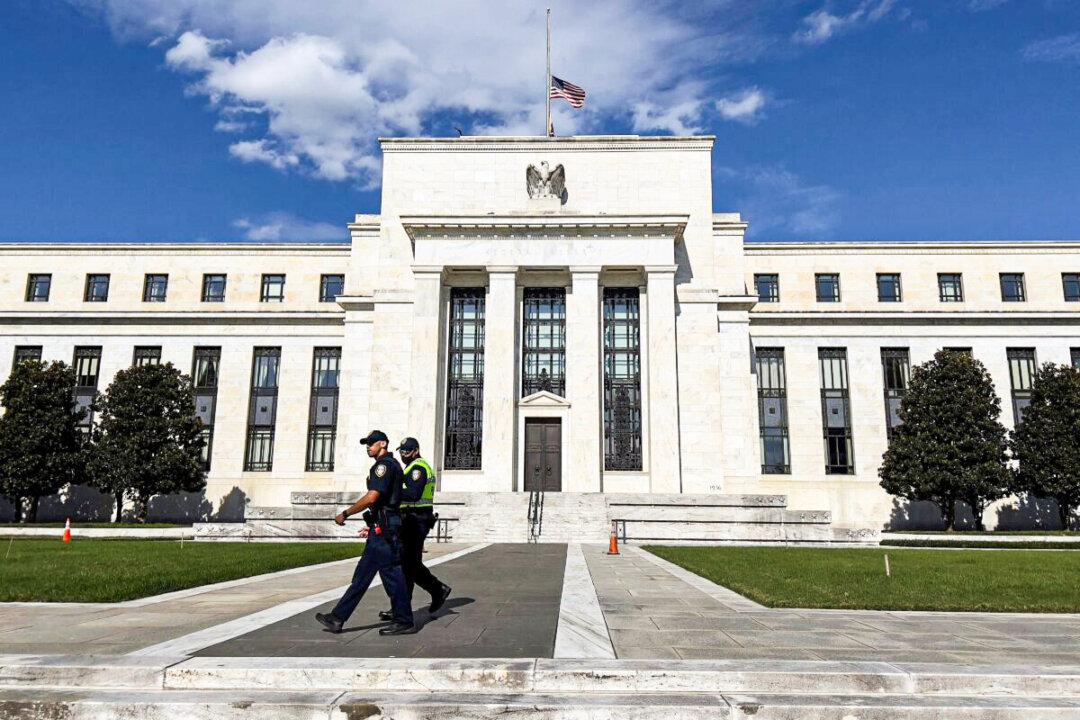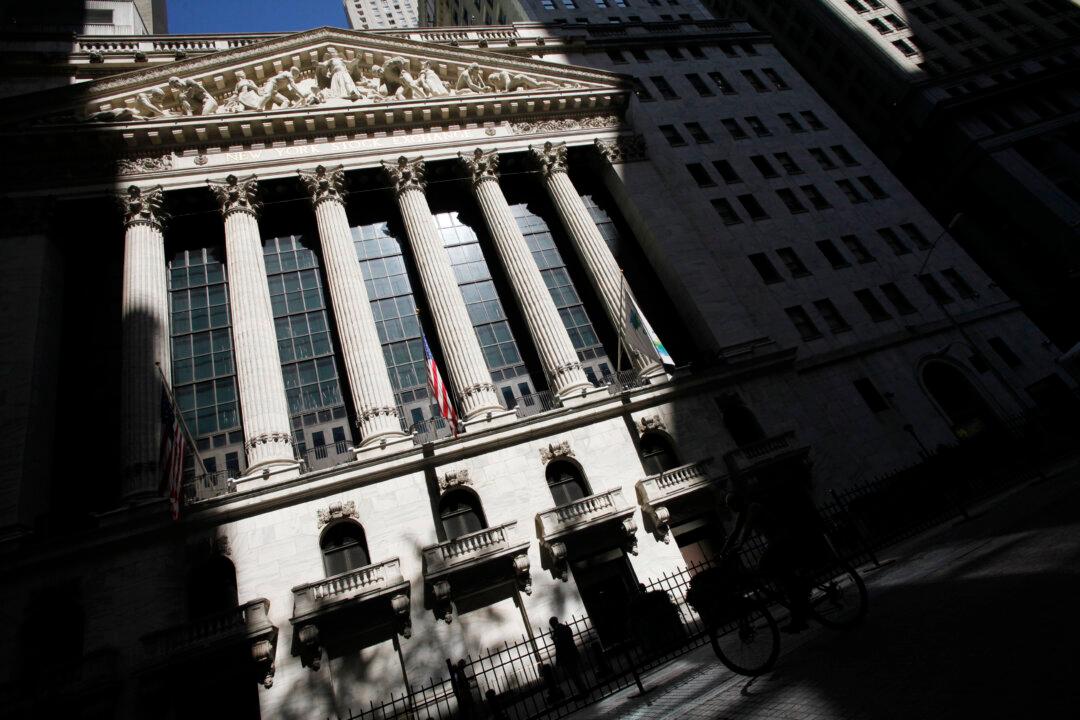Commentary
I’ve been in this business for over two decades. As a financial adviser, I built custom portfolios for clients. I grew that skill into my own advisory firm. I even ran a hedge fund. I think it’s fair to say that I’ve seen pretty deep into the other swamp called professional Wall Street.





